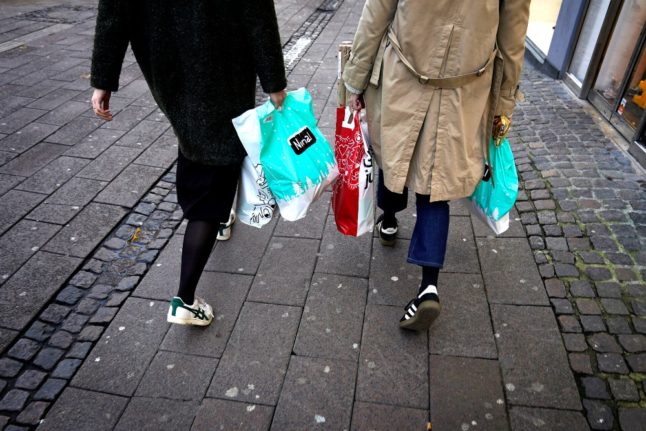An expert committee on Wednesday presented its proposals for a carbon emissions tax on agriculture, including calculations of how the carbon tax will affect the price of products like meat and milk for consumers in Denmark.
The committee proposed a starting level of 750 kroner per ton emitted, along with two other options: 325 kroner and 125 kroner per ton emitted.
The highest rate, 750 kroner, would result in the price of 500 gram packed of beef increasing by 4.5 kroner, the head of the committee, Michael Svarer, said at a briefing.
For the 325-kroner rate, this would fall to 2.3 kroner. If the tax was 125 kroner per ton emitted, the price of 500g of beef would go up by 1.4 kroner.
For a litre of milk which currently costs 13 kroner, the price increases at each increment of the emissions tax would be 0.6 kroner, 0.3 kroner and 0.2 kroner respectively.
READ ALSO: Danish expert committee proposes CO2 emissions tax for agriculture
On average, the price of dairy and meat products would go up by just under 4 percent by 2030 if the model was imposed.
However, this is not expected to have an impact on inequality once factors like wage increases are taken into account, the committee found.
Any final decision on a CO2 emissions tax on agriculture must be made by parliament in the form of majority support for a bill. The government is not obliged to follow Tuesday’s recommendations.
The numbers should also be treated as a guide rather than hard fact, Svarer noted during the briefing.
“There are many steps you must go through and there’s naturally a lot of uncertainty,” he said.
Prime Minister Mette Frederiksen has previously stated she did not want a green tax to push up food prices.



 Please whitelist us to continue reading.
Please whitelist us to continue reading.
Member comments